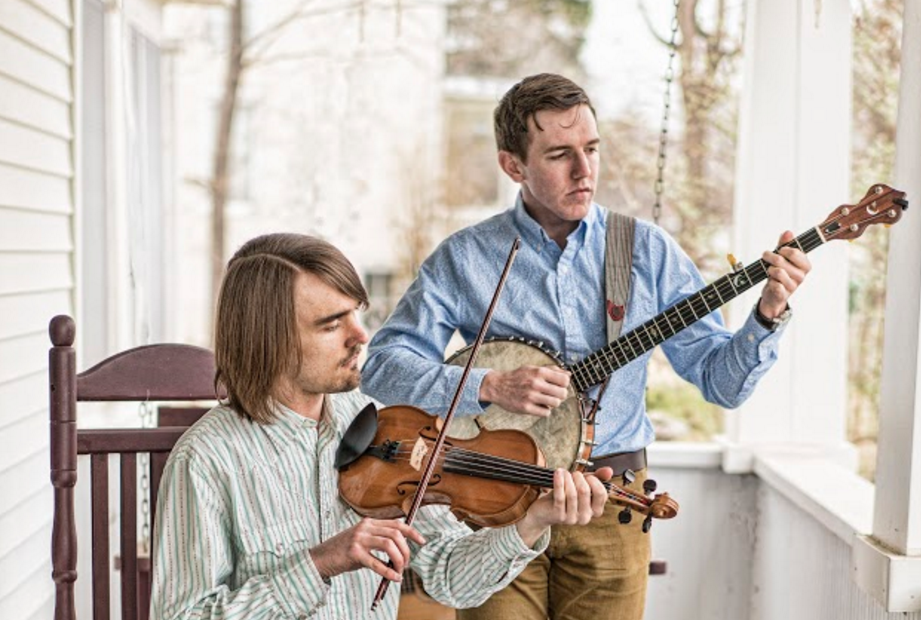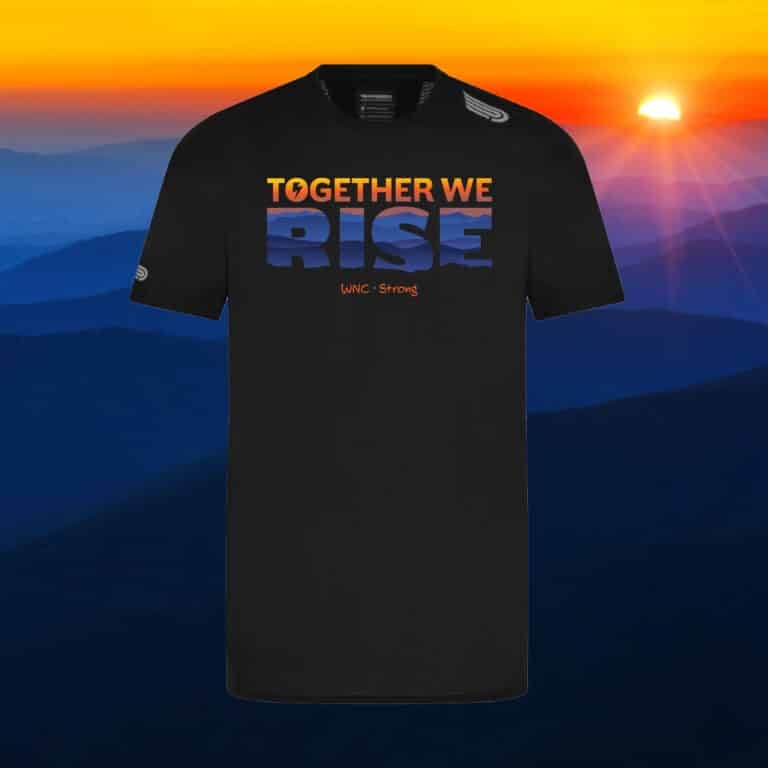It’s always fun to say you knew a musician way back when.
Well, I knew old time multi-instrumentalist Tyler Hughes way back when. Like, really way back when. Like, middle school way back when.
Hughes hails from the town of Big Stone Gap, Virginia, which is also home to the middle school where I, by day, maintain my alter ego of mild mannered fifth grade teacher. Now in his early twenties, I remember Tyler from his pre-teen years, when he already had a banjo, guitar, or fiddle in hand, playing festivals all around Southwest Virginia, teaching at the Mountain Music School before the age of twenty, and absorbing the old time musical heritage of our Appalachian Mountains from anyone willing to offer it.
Now a graduate of the Bluegrass, Old Time, and Country Music Studies program at East Tennessee State University in Johnson City, Tennessee, Hughes is out touring and recording, ably carrying the old time torch passed down to him from generations of Appalachian musicians.
This month, Hughes and fellow Southwest Virginian Sam Gleaves, who I have had the pleasure of featuring here on the blog, released Sam Gleaves & Tyler Hughes, a collection of old time standards and originals that pay true homage to the hallowed traditions of the music while lending them contemporary voices that help perpetuate the genre’s relevance.
I recently caught up with Tyler during an incredibly frantic travel day that included multiple flight delays and cancellations. He was kind enough to sneak in some questions from me about the new record, playing music with Sam, and the importance of old time music to the future of his Southwest Virginia home.
BRO – How did you get hooked on old time music?
TH – I grew up on country music. My mom and grandparents listened to everything from 90s honky-tonk to classics like Loretta Lynn and George Jones. That was my introduction to any type of country music. I always knew about bluegrass and old time music, too. My mom loved Hobart Crabtree’s recordings, but I didn’t take up any interest in playing until I was about twelve years old. After about a year of guitar lessons, I became interested in the banjo. I attended Mountain Music School, a great community oriented camp at Mountain Empire Community College, and that’s where I knew I wanted to play old time music. I heard the Whitetop Mountain Band play a Carter Family tune on my first day, and that night I went hom and filled my iPod with Carter Family recordings. I was hooked and spent the next few years reading books and listening to recordings, learning as much as I could about the Appalachian region and its music. I learned as many songs as I could and, throughout the process, met more and more friends through the music. That’s what really made me see the importance of this music. It has a social aspect that has survived hundreds of years and the community that it supports is one that can’t be beat.
BRO – I know you are passionate about improving the plight of your home in Southwest Virginia, a region that is suffering economically. How can old time music play a role in that?
TH – I am very passionate about seeing Southwest Virginia thrive. I’ve lived here my whole life and I want nothing more than to stay here. Many young folks feel the same way, but our economy doesn’t allow them to make that choice work well. I believe that our cultural arts, like old time music, are an incredibly important aspect of creating more economic diversity and opportunity here. There are obvious avenues, like using the music as a tourist draw. I also believe it’s important to allow musicians and dancers to have the ability to make a living at their craft, too. Our economy has been homogenous for hundreds of years and that has to change. If the jobs are diversified, employees and their skills will be diverse, too, and that will do nothing but strengthen our communities. Our music is also a great way to document the economic transition that is happening here. We owe it to our family members and neighbors who have worked so hard and long for the coal industry to honor their contribution, but also create an economically beneficial replacement for their jobs.
BRO – Sam Gleaves is an artist I have been lucky enough to profile here. How did you guys cross paths and begin making music together?
TH – One of my favorite projects right now is working with Sam. He grew up just two hours away from me but, although we were both involved in the old time community throughout high school, we didn’t meet until college. We had mutual musician friends in Tennessee and Kentucky and they finally got us both in the same room at the Appalachian Studies Conference three years ago. We hit it off and have been performing together regularly ever since. It’s been an incredibly rewarding experience to work with someone who shares my understanding and passion for the people of Southwest Virginia. We strive to bring honor to our past while acknowledging the ever beating drum of the future. As musicians and people, we just click. It really makes bringing the music to life and easy, creative, and fun experience.
BRO – We are featuring “When We Love” on this month’s Trail Mix. What’s the story behind the song?
TH – I cannot deny that I was quite disappointed with 2016 and the social and political climate that seem to dominate every aspect of our lives. I don’t care so much about who wins elections as much as I worry that we let our opinions divide us. The sentiment is true, particularly in Southwest Virginia, that the way to a better future is together. We’re at a real crossroads in our history. Young people are migrating out of our region as jobs continue to leave and there hasn’t been much leadership from any level of government. I wrote the song with the hope that it could heal some of the wounds from last year. Despite our political stances, everyone here generally envisions the same community, one that is healthy, happy, safe, and affordable to live in. I hope the song inspires people of all backgrounds to get out in their communities and volunteer with an organization. So much of our lives are supported by nonprofit agencies and community programs. They need support and there is no better way to show love for your neighbors than to contribute to your community.
BRO – Remember that time you hosted our school talent show? I have that on tape. What’s it worth to you to keep that under wraps?
TH – I used to cringe at the thought of all of my middle and high school performances becoming public, but now I’m comfortable with them They were great training experiences for the stage today. So, release the tapes!
Tyler Hughes and Sam Gleaves have dates in Massachusetts, Virginia, and Maryland, along with a weeklong teaching gig in West Virginia, in July. If you are are looking for a scratch for your old time itch, I highly suggest you check them out.
For more information on these gigs and how you can grab a copy of the new record, please check out their website.
And be sure to take a listen to “When We Love,” along with tracks from Amanda Platt & The Honeycutters, Rachel Baiman, and The Dustbowl Revival on this month’s Trail Mix.








